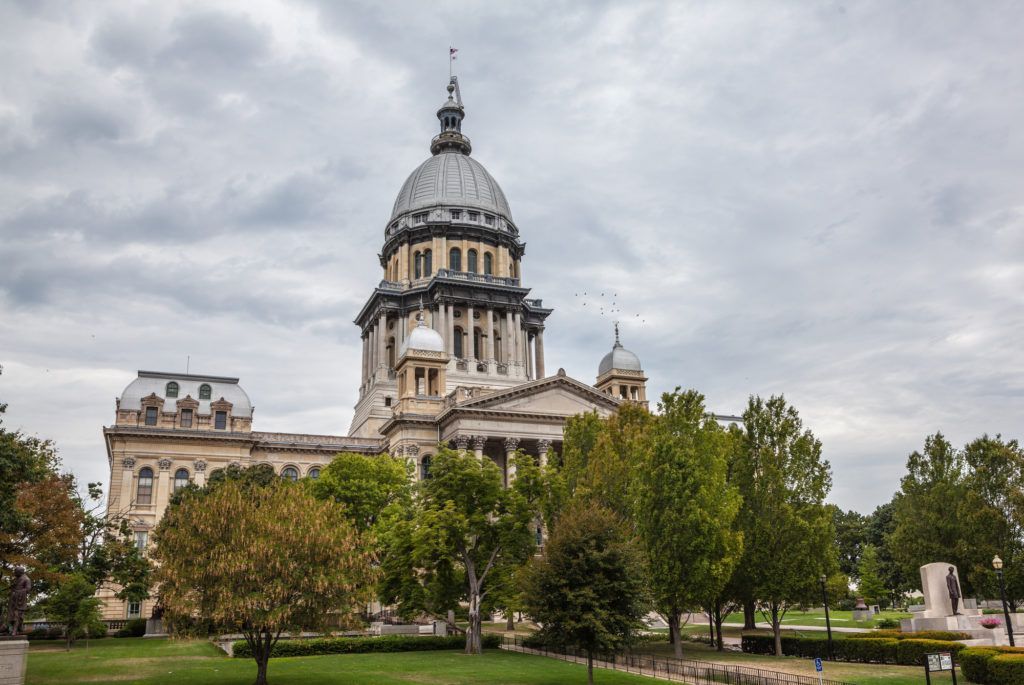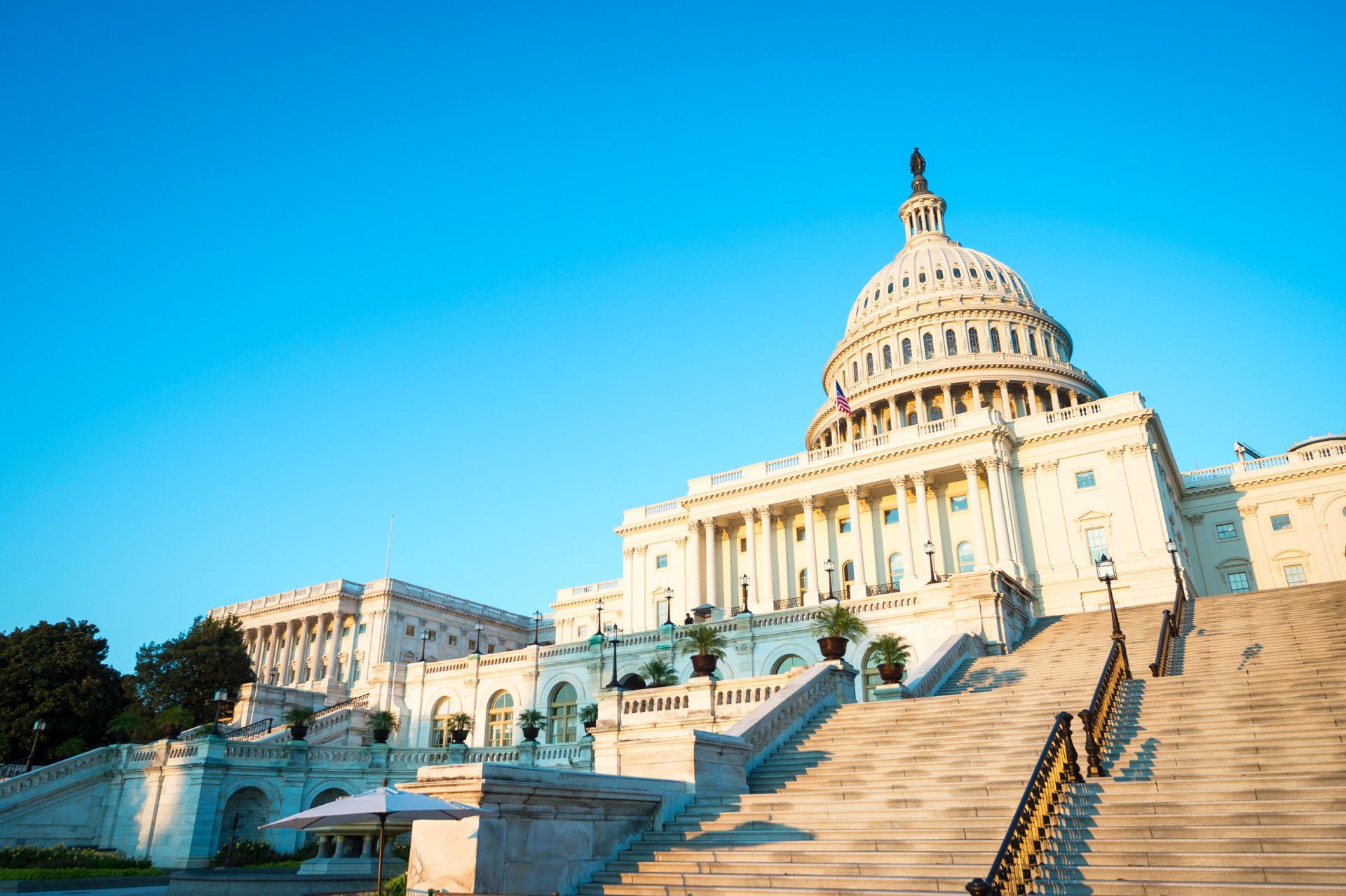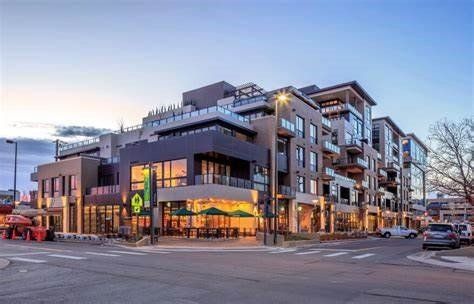
The Illinois Department of Financial and Professional Regulation (IDFPR) recently announced the next steps to issue 185 Conditional Adult Use Cannabis Dispensing Organization Licenses to applicants selected in three lotteries in 2021. The Conditional Licenses will be issued to applicants selected in the 2021 lotteries in three waves: Wave 1, on or before July 22, 2022. Naperville-Chicago-Elgin BLS Region. Wave 2, on or before August 5, 2022. Other BLS Regions with multiple licenses available. Wave 3, on or before August 19, 2022. BLS Regions with a single license available. Next Steps Principal officers must submit a Principal Officer Affirmation form no later than July 1, 2022. The IDFPR will then verify all principal officers are not delinquent in taxes or owe money to the State of Illinois and notify any applicant if a principal officer is not tax compliant. The applicant will then have 60 days after notification to prove tax compliance. Any applicant with a principal officer who is not tax compliant after the 60-day period shall forfeit their awarded license, which will then be offered to the next eligible applicant. The IDFPR will also verify that no principal officers have a financial interest in more than 10 Adult Use Cannabis Dispensary licenses. Any applicant with a principal officer who may become a principal officer in any combination of more than 10 Early Approval Adult Use Dispensing Organization Licenses, Conditional Adult Use Dispensing Organization Licenses, and Adult Use Dispensing Organization Licenses will forfeit any license they are awarded. After IDFPR issues the Conditional Licenses, it will conduct background checks of principal officers. Importantly, after receiving a Conditional License, the Conditional Licensees will have 180 days to select a physical storefront location and obtain the full Adult Use Dispensing Organization License (the full list of criteria to be met may be found here ). If a Conditional Licensee is unable to find a suitable physical location within the 180-day period, they may request an extension of 180 days.










